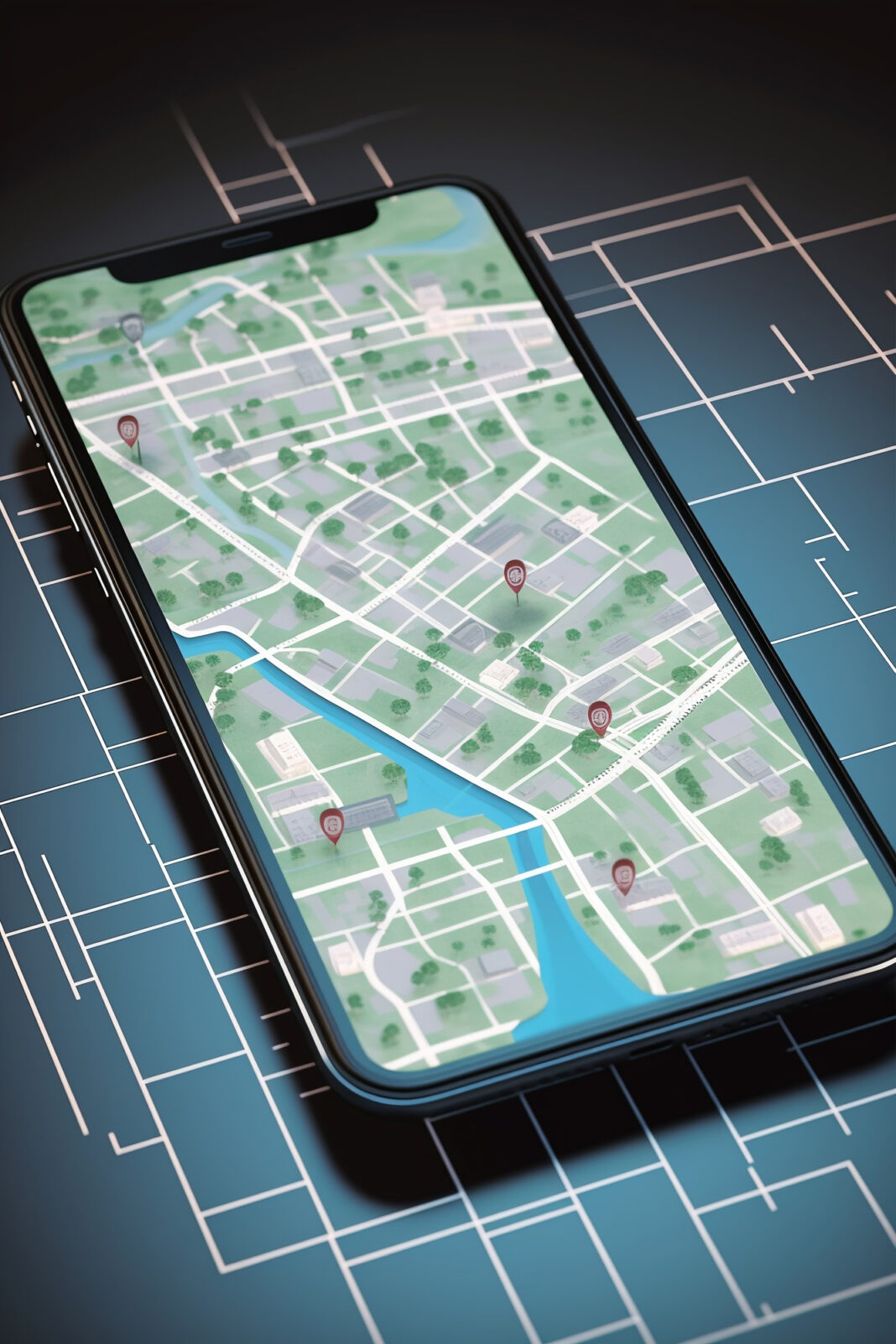In the ever-changing world of sales and distribution, productivity is king. Success requires the capacity to manage inventories well, optimize routes, and provide outstanding customer service. Introducing the Route Accounting System (RAS), an advanced tool that improves visibility, boosts profitability, and streamlines processes. We shall examine the complexities of route accounting systems in this extensive book, covering everything from their basic concepts to their cutting-edge features and practical implementations.
Understanding Route Accounting Systems:
At its core, a Route Accounting System (RAS) is a software solution that integrates sales, inventory management, and route optimization functionalities into a single platform. It empowers businesses to manage their sales and distribution activities more effectively by providing real-time insights, automating repetitive tasks, and facilitating seamless communication between stakeholders.
Key Components of a Route Accounting System:
- Order Management: RAS enables sales representatives to capture orders electronically, whether through mobile devices or web portals. These orders are then processed automatically, triggering inventory updates and generating invoices for customers.
- Inventory Tracking: With RAS, businesses can monitor inventory levels across multiple locations in real-time. This visibility helps prevent stockouts, reduce excess inventory, and optimize replenishment processes.
- Route Optimization: RAS utilizes algorithms to optimize delivery routes based on factors such as customer locations, traffic conditions, and delivery windows. By minimizing travel time and fuel costs, businesses can maximize efficiency and customer satisfaction.
- Invoicing and Billing: RAS automates the invoicing and billing process, generating accurate invoices based on customer orders and payment terms. This reduces errors, accelerates cash flow, and improves financial control.
- Customer Relationship Management (CRM): RAS includes CRM functionality to manage customer data, track interactions, and analyze sales performance. By understanding customer preferences and behavior, businesses can tailor their offerings and improve customer satisfaction.
Benefits of Implementing a Route Accounting System:
The adoption of a Route Accounting System offers a plethora of benefits for businesses of all sizes and industries:
- Enhanced Efficiency: RAS automates routine tasks and streamlines workflows, enabling sales representatives to focus on revenue-generating activities. This improves productivity and reduces operational costs.
- Improved Visibility: Real-time data provided by RAS allows businesses to monitor sales performance, track inventory levels, and identify trends in customer behavior. This visibility enables informed decision-making and proactive problem-solving.
- Cost Reduction: By optimizing routes, minimizing fuel consumption, and reducing vehicle wear and tear, RAS helps businesses lower their operating expenses. Additionally, efficient inventory management reduces the risk of overstocking and obsolescence.
- Enhanced Customer Service: RAS enables businesses to provide superior customer service by ensuring timely deliveries, accurate invoicing, and personalized interactions. This fosters customer loyalty and strengthens relationships.
- Compliance and Accountability: RAS helps businesses maintain compliance with regulatory requirements and industry standards, such as food safety regulations or delivery time windows. It also enhances accountability by providing audit trails and activity logs.
Advanced Functionalities and Features:
Modern Route Accounting Systems offer a wide range of advanced functionalities to meet the evolving needs of businesses:
- Mobile Accessibility: RAS is often accessible via mobile devices, allowing sales representatives to access customer information, process orders, and capture signatures on the go. This flexibility improves responsiveness and customer satisfaction.
- Integration with IoT: RAS can integrate with Internet of Things (IoT) devices, such as GPS trackers or temperature sensors, to provide real-time monitoring of vehicles and goods. This ensures compliance with quality standards and enhances product safety.
- Predictive Analytics: Advanced analytics capabilities enable RAS to analyze historical data and predict future demand patterns. This helps businesses anticipate customer needs, optimize inventory levels, and plan routes more effectively.
- E-commerce Integration: RAS can integrate with e-commerce platforms to facilitate seamless order processing and fulfillment. This omnichannel approach ensures a consistent customer experience across all sales channels.
- Customization and Scalability: RAS solutions are often customizable to suit the unique requirements of businesses across different industries. They are also scalable, allowing companies to expand their operations without outgrowing their systems.
Real-World Applications:
Route Accounting Systems are employed across a wide range of industries, including:
- FMCG (Fast-Moving Consumer Goods): FMCG companies use RAS to manage sales routes, track inventory in retail outlets, and optimize product distribution.
- Food and Beverage: Restaurants and food service providers utilize RAS to manage deliveries, track ingredient inventory, and ensure compliance with food safety regulations.
- Pharmaceuticals: Pharmaceutical companies employ RAS to manage sales territories, track product expiration dates, and maintain compliance with regulatory requirements.
- Wholesale Distribution: Wholesale distributors use RAS to manage sales orders, track inventory across warehouses, and optimize delivery routes to retail customers.
- Service Industries: Service-oriented businesses, such as utilities or maintenance providers, use RAS to schedule service appointments, track technician routes, and manage billing processes.
Conclusion:
Efficiency is not just a competitive advantage in today’s cutthroat corporate environment, but it is also a need for survival. Route accounting systems are essential for helping companies increase customer happiness, streamline sales and distribution processes, and boost profitability. With the help of automation, real-time data, and cutting-edge technologies, firms can keep one step ahead of the curve and handle the challenges of contemporary trade with ease. Route accounting system will become even more critical as the business environment changes, making them a vital tool for companies looking to succeed and expand sustainably.



